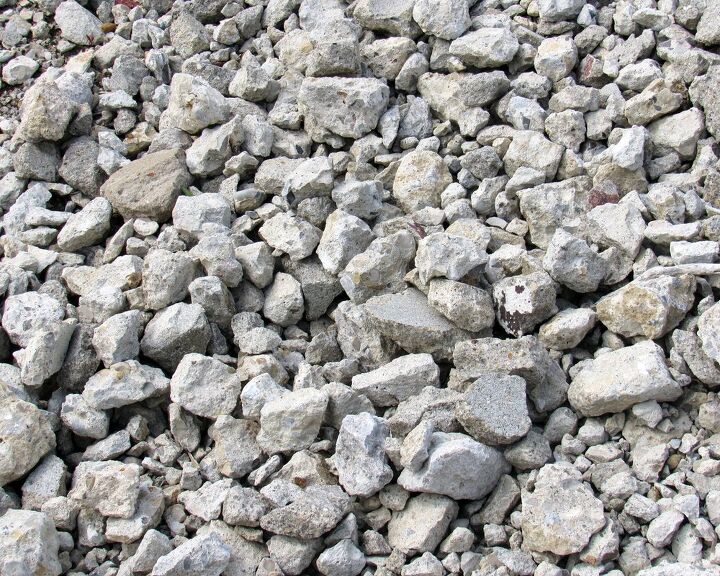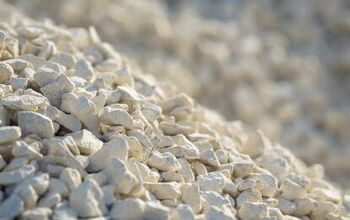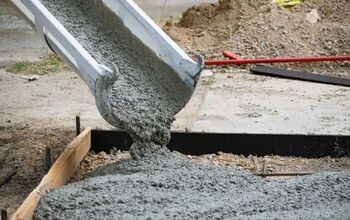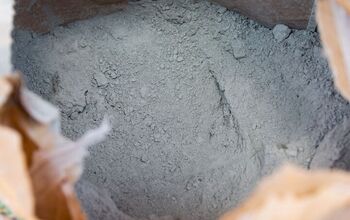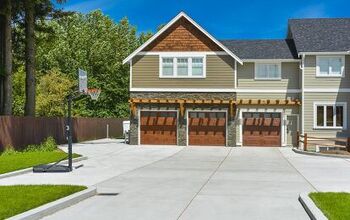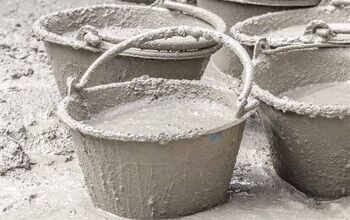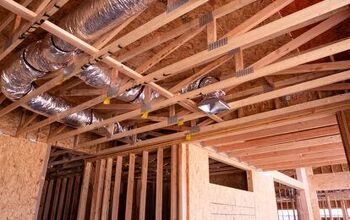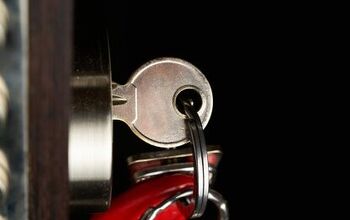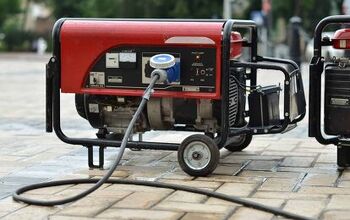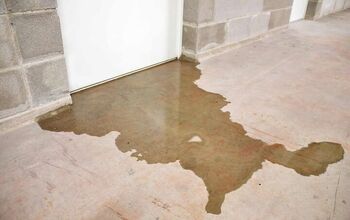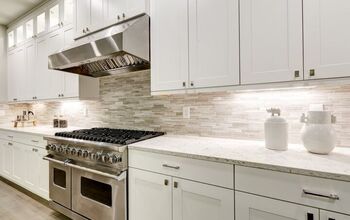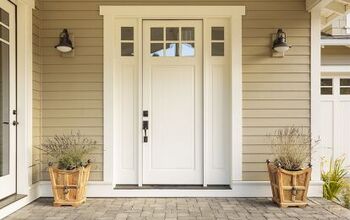Will Crushed Concrete Harden? (Find Out Now!)

Whether you are putting in a driveway, or at work on your landscaping, crushed concrete (also known as recycled concrete aggregate) will be one of the cheapest options to use. The price is right, but how does crushed concrete work, and what it will look like over time? Will this material harden or will water drain through it?
Crushed concrete, can compact over time, but on its own, it will not become hard like a poured concrete slab. It is a popular option because it is cheap, eco-friendly, and easy to maintain. Most people use crushed concrete as a cheaper gravel option, but you can also buy crushed concrete to make new concrete.
Let’s take a look at some characteristics and uses for crushed concrete, and what it can do for you.
Related Guide: Where Can I Buy Crushed Concrete?
Do You Need Concrete, Brick, or Stone Pros?
Get free, zero-commitment quotes from pro contractors near you.

What are the Benefits of Using Crushed Concrete?
There are many benefits for both you and the environment when choosing crushed concrete. Some of these benefits are:
Expense
Crushed concrete is one of the cheapest options when you are looking to pave an area. It generally costs $1 to $3 per cubic foot. Its price beats out that of gravel, asphalt, and concrete.
Eco-friendly
Crushed concrete is a recycled material that is made from a mix of leftover concrete and asphalt. Since neither of these two materials is biodegradable when left in a dump, you can feel good about reusing this material for your paving or construction projects.
Easy Maintenance
Crushed concrete requires little, if any, maintenance and can last forever! Since it is a loose gravel-like material, you won’t have to worry about it cracking in heat or frost or when the soil shifts (unlike concrete slabs). However, crushed concrete will settle over time, so you may want to add a new layer when you see that the level is dropping.
How to Use Crushed Concrete
Crushed concrete comes in all shapes and sizes. It packs well and also provides drainage. While its substance is concrete aggregate, in texture it will be closer to gravel. With crushed concrete, you will not need to worry about maintaining and repairing cracks like you would with concrete or asphalt surfaces.
Before you buy, make sure that the crushed concrete will be right for your job. For example, if you are using it for a project where the rocks will be exposed, you will want to get crushed concrete that comes from one building site. This will give a more uniform size and a more attractive look to your aggregate.
You can use crushed concrete for projects such as:
- Installing Pavers
- Driveways
- Landscaping
- Retaining Walls
Pro tip: If you like the price of crushed concrete, but the look of gravel, you can put down crushed concrete as a base and then cover the top with gravel. This can be easier on your budget while still giving you the look you want.
How to Keep Crushed Concrete from Washing Away
With solid concrete you have to worry about cracks, erosion, and maintenance, however, these aren’t issues with crushed concrete. With crushed concrete, you will just need to find the best method for keeping it where you want it. Crushed concrete can become dusty when dry, and can begin to wash away over time. You can use one of the following options to keep your aggregate in place:
A retaining wall
You can build up a curb next to a drive as a retaining wall for your crushed concrete. This border will keep your aggregate from washing away when the rains come through or from losing its place with frequent traffic.
Larger concrete pieces or stones as a border
If you are using crushed concrete as a drainage option for landscaping projects, you can place large natural stone, or large aggregate pieces around the border to keep crushed concrete in (and weeds out!)
French drain
A French drain relieves one area of excess water and redirects a stream of water to another area. This can be useful to keep water from building up and washing out your supply of crushed concrete.
Using Crushed Concrete to Make New Concrete
Finely ground crushed concrete can also be used as a base to make concrete. If you decide to use recycled concrete to make a new batch of concrete, you will usually need to add more water than usual to get the right consistency. When using crushed concrete recycled aggregates, many builders will choose to mix in virgin aggregates as well to help your concrete bind together.
Before You Pour
Before you pour in a ton of crushed concrete on your drive, check the regulations in your area. Yes, even driveways must follow certain regulations in some areas. This list of dos and don’ts will tell you which materials are allowed in your area. You will also get a guideline on how much material you need and best practices for pouring your material on your drive. This part could be helpful!
Although it can be a pain to follow a list of rules every time you want to make an improvement, these rules may also save you time by giving exact instructions on how to best use your materials.
Do You Need Concrete, Brick, or Stone Pros?
Get free, zero-commitment quotes from pro contractors near you.

Related Questions
How much crushed concrete will I need?
To find out how much concrete you will need to buy, first measure the area of your project. To find how many square feet you will need, simply multiply length times width. This can give you a rough idea of how much crushed concrete you need. Also, you want to keep in mind how many layers you are planning to use or how thick you are wanting to lay it on.
Is crushed concrete better than gravel?
Crushed concrete has the ability to pack down better than gravel. Also, it is much cheaper. Gravel may have more aesthetic appeal, however.
What is the difference between crusher run and crushed concrete?
Crusher run gravel (also known as “crush and run”) is an aggregate made of fine gravel with larger pieces of limestone. This combination is similar to crushed concrete as it also compacts well and drains well. You can use crusher run for driveways, under concrete slabs, for walkways, and in other areas.

Alex Praytor is a native Texan who got her degree in English Literature and decided to travel the globe. She finds the architecture and design of homes across cultures fascinating. In her spare time, she visits coffee shops with her family and creates projects for their own home. Alex enjoys sharing tips on how to keep repairs up to date while turning a house into a home.
More by Alex Praytor



